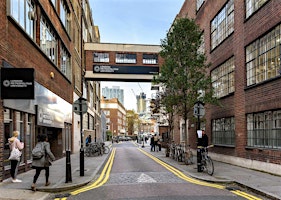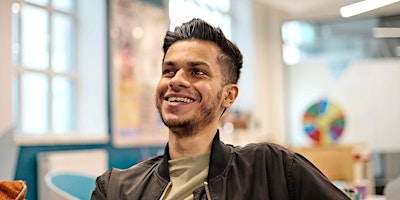Apply for this course
Please select when you would like to start:
If you're a UK applicant wanting to study full-time starting in September, you must apply via UCAS unless otherwise specified. If you're an international applicant wanting to study full-time, you can choose to apply via UCAS or directly to the University.
If you're applying for part-time study, you should apply directly to the University. If you require a Student visa, please be aware that you will not be able to study as a part-time student at undergraduate level.
Why study this course?
This four-year degree course includes an intensive foundation year (Year 0), which will enable you to progress onto one of our art or design undergraduate degree courses at our School of Art, Architecture and Design. It is both preparatory and diagnostic, allowing you to explore a number of different directions prior to choosing a specialism at the end of the year. It will also provide you with the skills required for your subsequent three years of study.
Gain the skills you need to present your work to the public
Throughout the course you’ll present work-in-progress and finished projects to peers and tutors on a regular basis, preparing you for the public exhibition at the end of the year
Fourth in London for student satisfaction
Our art and design courses are ranked fourth in London for student satisfaction in the Complete University Guide 2025
Learn the skills you need to reach your full potential
This four-year degree course includes an intensive foundation year (Year 0), which allows you to experiment with different creative practices and prepares you for the next three years of study
Course modules
The modules listed below are for the academic year 2024/25 and represent the course modules at this time. Modules and module details (including, but not limited to, location and time) are subject to change over time.
Year modules
Critical & Contextual Studies: Foundation
This module currently runs:all year (September start) - Wednesday morning
(core, 30 credits)
The Critical and Contextual Studies module introduces a range of cultural and contextual practices and is diagnostic in helping students to identify areas of reading, writing, information gathering and research in relation to their abilities, needs and aspirations. The intention is to prepare students for critical and theoretical work in Higher Education.
The focus of the Critical and Contextual Studies module is on the ability to ask questions and find answers; specifically, those bearing on Art, Architecture and Design and Media in the broad sense and to the conventional means to present these. The experience of the module is structured by a sequence of three submissions: an initial patchwork assignment that includes a Learning Reflection element, an analysis of the works of a particular creative practitioner and a final submission is a self-directed essay.
The contents include answers to questions that range from practical or theoretical ‘how to’ or ‘what is’ exercises; to simple ‘what do you think?’ form of analysis or reflection; to complex structured responses in the form of the essay.
The module is constructed around two core blocks of intensive study. Each block has a thematic structure to allow the exploration of different topics and approaches, for example: ‘Contexts’, ‘Connections’, ‘Themes in creative practice’. The first assessment includes the Learning Reflection element.
The module aims to motivate and aid the student to find out about and engage in the practice and culture of Art, Architecture and Design and Media. The module should help inform the student about their future direction of study as well as providing useful insights into their potential and abilities. Students learn how to ask and begin to answer questions about the discipline they are interested in and its broader context. They should acquire a portfolio of methodological and critical writing and communication skills that enable them and know how to apply themselves to the various forms of study and assessment ahead following progression to the next level in Higher Education.
Read full detailsCritical Creative Practice
This module currently runs:all year (September start) - Wednesday afternoon
(core, 30 credits)
The module addresses what is fundamental to creative practices across all disciplines; colour, composition, the fabrication, discussion and development of ideas, visual narratives, collaborative practice, documentation, presentation, curation, critique and exhibition of creative work.
You will work in both digital and analogue formats to explore a range of materials, methods and presentation formats, e.g. sketchbooks, drawings, watercolour, photography, collage, AI and digital platforms.
The module aims to validate and build upon student’s existing creative practice. There is an emphasis on the process of learning from self-evaluation and critical reflection of intuitive making and testing. Throughout the module you will students work both individually and as part of a team to share, discuss and critique creative work in order to extend their capacity to confidently develop, articulate and presenting work. The module encourages peer-to-peer learning via teamwork and the required presentation of collaborative outcomes. The module aims to expand subject-area knowledge and introduce practical strategies for the formation and growth of student’s nascent creative practice.
Read full detailsProject
This module currently runs:all year (September start) - Friday morning
all year (September start) - Tuesday morning
all year (September start) - Thursday morning
all year (September start) - Monday morning
(core, 30 credits)
The Project module provides a broad, varied, stimulating experience of a range of creative practices that allows for self-assessment of individual interests and aptitudes towards developing a specialism. It enables the development of a productive, disciplined and critical approach to visual and practical enquiry; and to individual independent thinking, making and communicating. It develops the individual’s portfolio of work in a distinctive and ambitious way as evidence of a personal creative practice in the context of a specific subject area. Assignments and study trips will open up London as a source of limitless research potential and creativity.
A project develops ideas through conceptual and material processes towards outcomes that can be evaluated in relation to the initial idea; and other related contexts that may arise during the timeframe of the project. The Project module is an introduction to the project as a key feature of creative practice. The projects in the Project module vary considerably in aim, structure and duration to reflect their application in a wide range of creative practices. The definition, implementation, development and outcome of the projects is transferred from tutor to student as the course develops. The projects are inherently student-centred with course demands satisfied by nurturing the student’s independent inquiry, discovery & production.
Practical elements of project-work are built-up by a close relation with the Techniques module. Critical reflection and self-evaluation encourage the development of self-organisation and effective time-management.
Read full detailsTechniques
This module currently runs:all year (September start) - Friday afternoon
all year (September start) - Tuesday afternoon
all year (September start) - Thursday afternoon
all year (September start) - Monday afternoon
(core, 30 credits)
The Techniques module introduces a wide range of materials, methods, techniques and processes to produce work in a broad sense. It is closely aligned with the Project module to develop a working knowledge of the potential and limitations of selected media, materials and techniques in the development of project work. Responsible attitudes aligned to ethical and professional contexts are applied and considered in relation to imaginative experimentation and exploitation for innovation.
Techniques explores approaches to the skills-based, technical aspects of creative practice in relation having, developing and resolving ideas through processes towards media/material outcomes. It concerns the quality of making, considerations of care, appropriateness and endeavour. It encourages recognition of the intrinsic formal and structural qualities of different media as essential elements in visual/aural communication. The module involves a series of learning experiences that introduce and develop many of the key skills and techniques needed for a range of making practices across various subject areas; the outcomes are in the context of and further developed in close relation with the Project module.
The Techniques module links the analysis and evaluation of technical quantitative properties with qualitative aesthetic discernment and judgment and introduces a common vocabulary, technical/professional language, core skills and reference models.
It introduces safe and appropriate studio/workshop/site practice.
Read full details

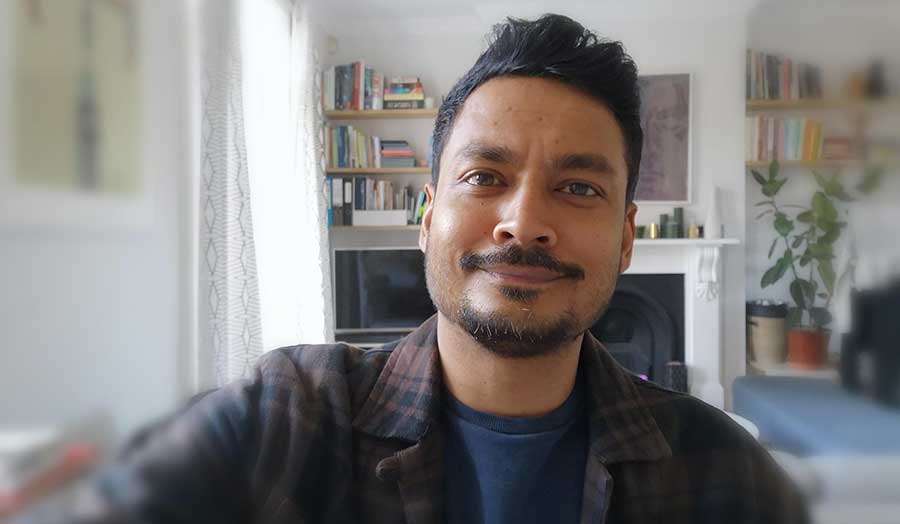
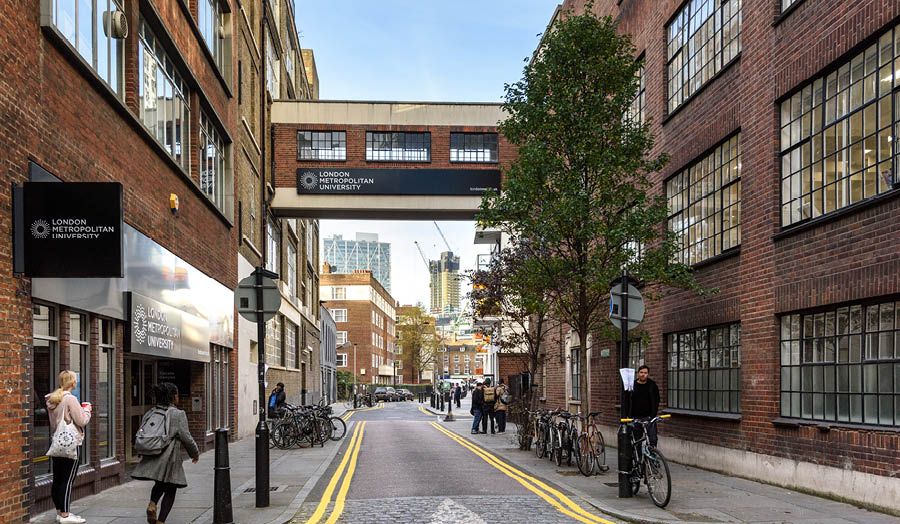
.jpg)
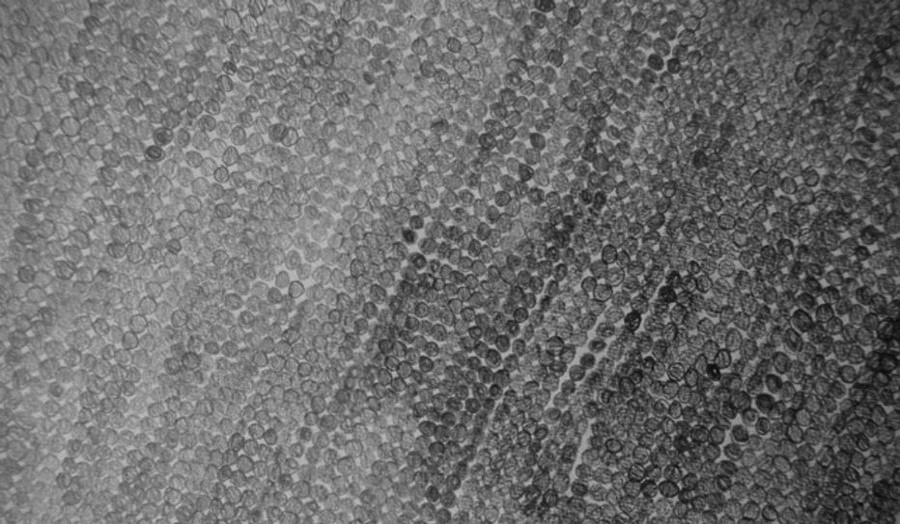
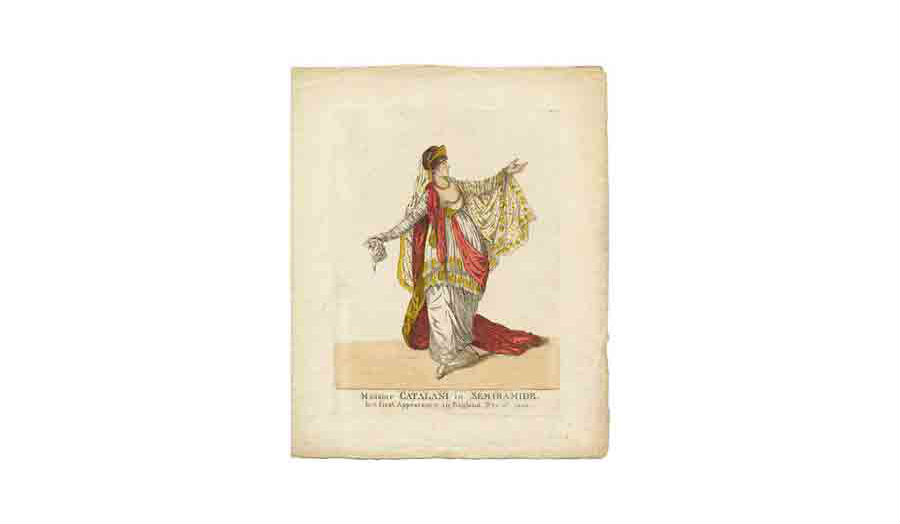
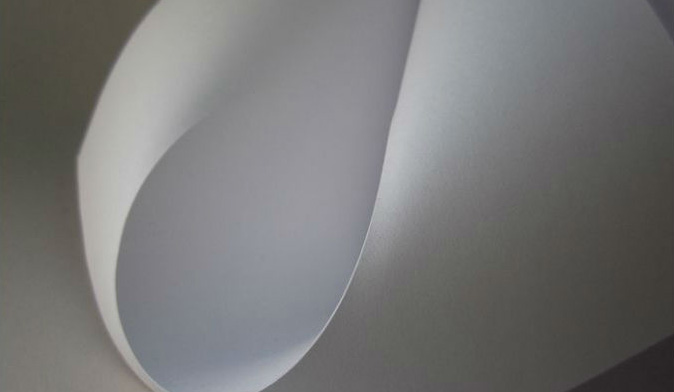
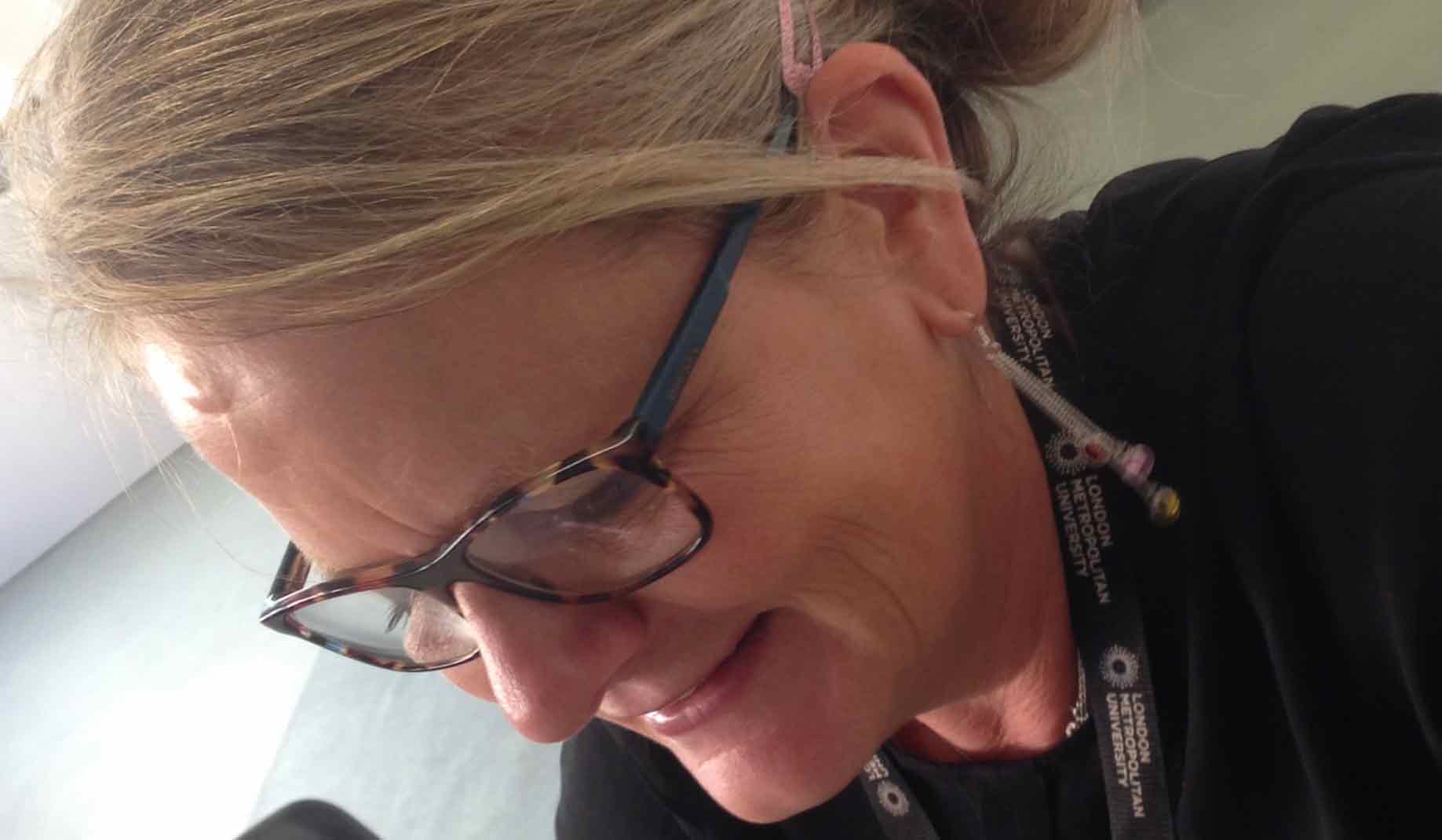
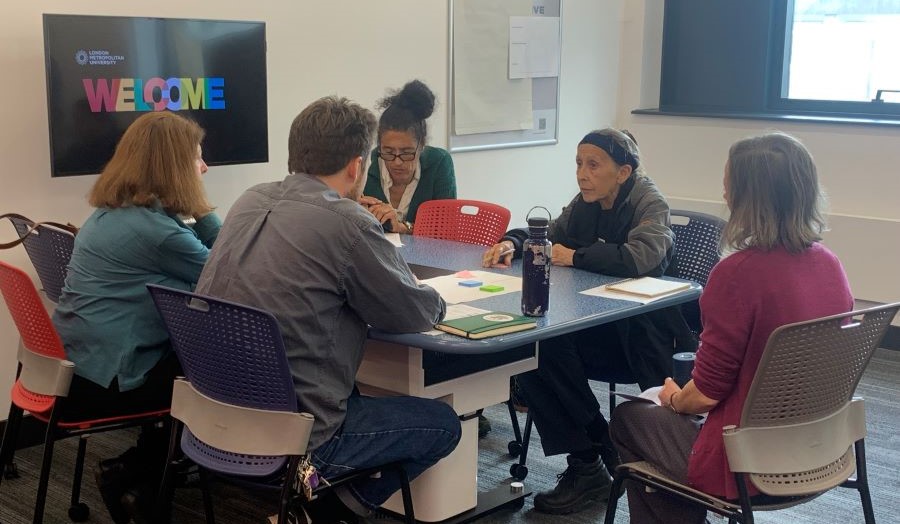


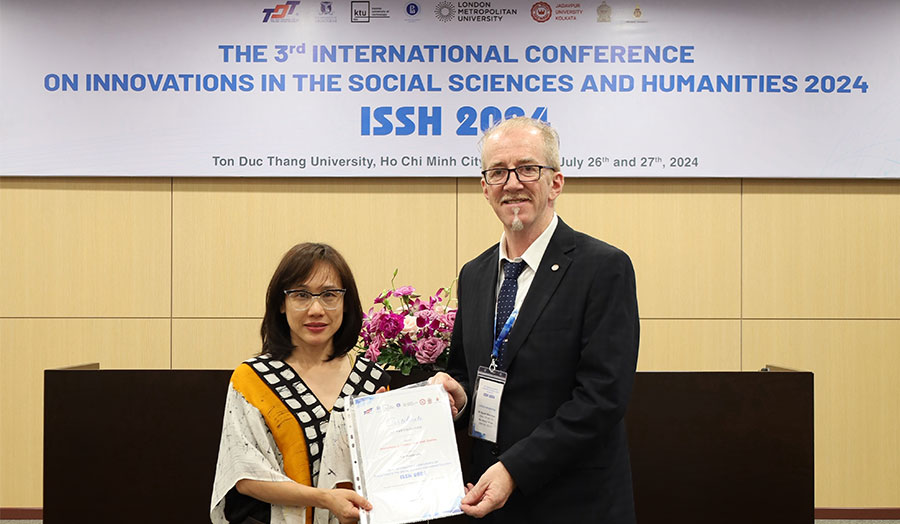
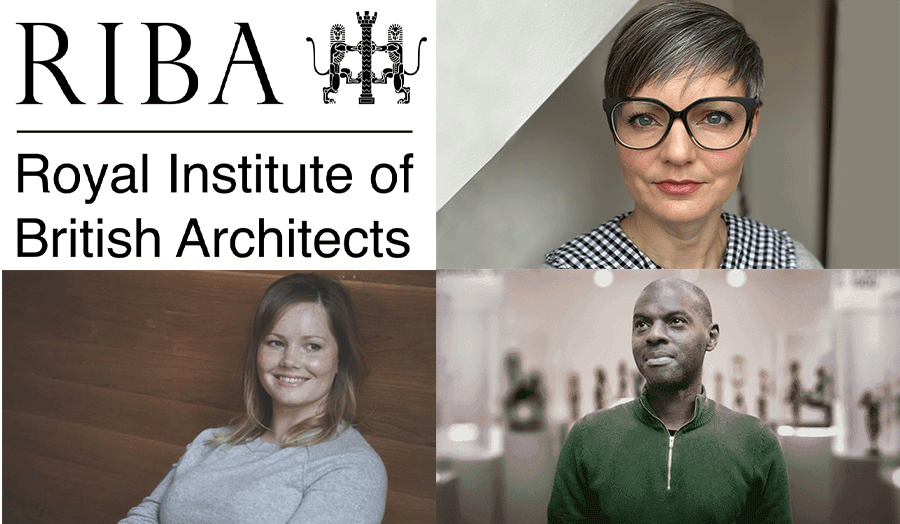
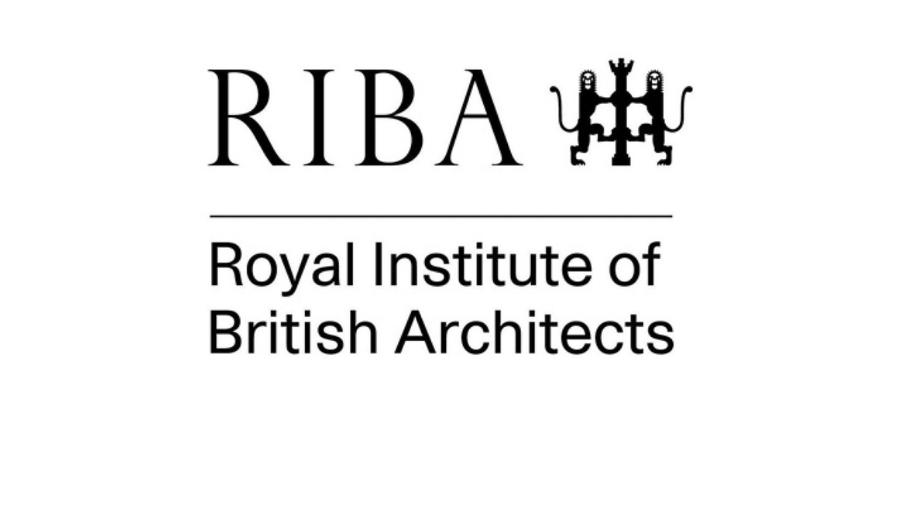
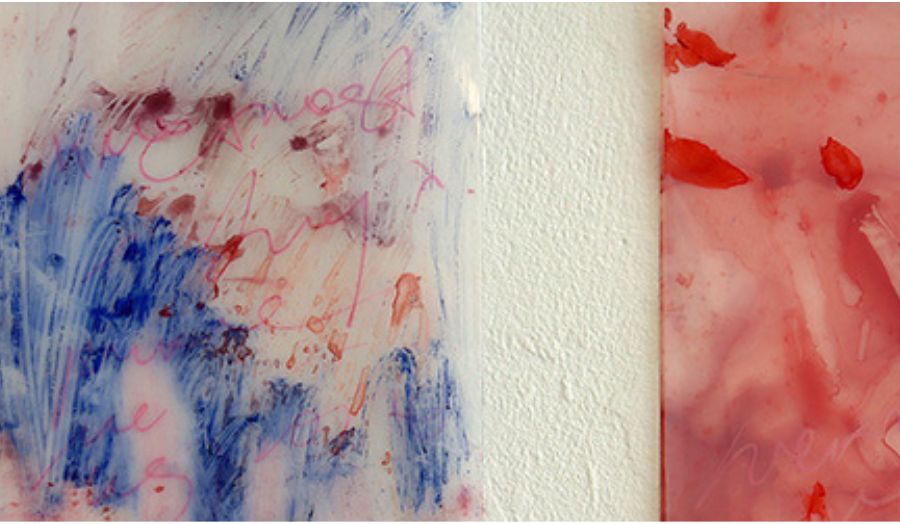
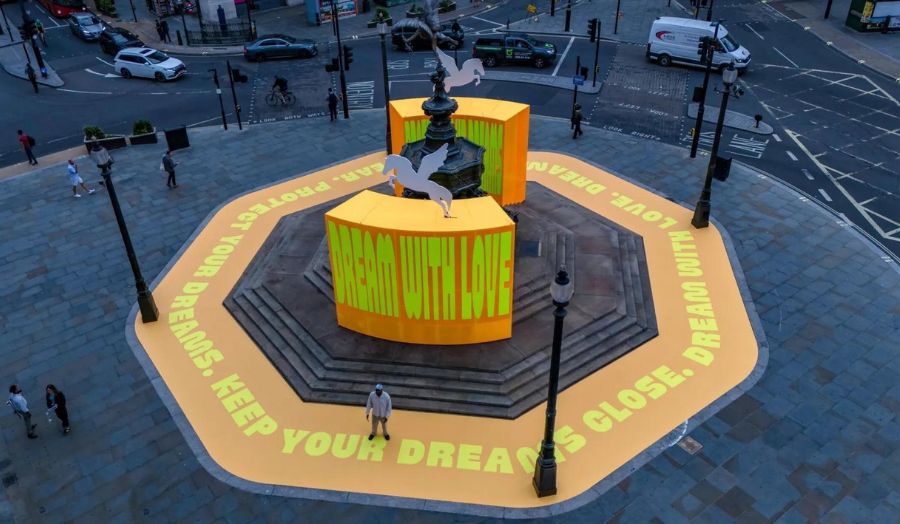
.png)
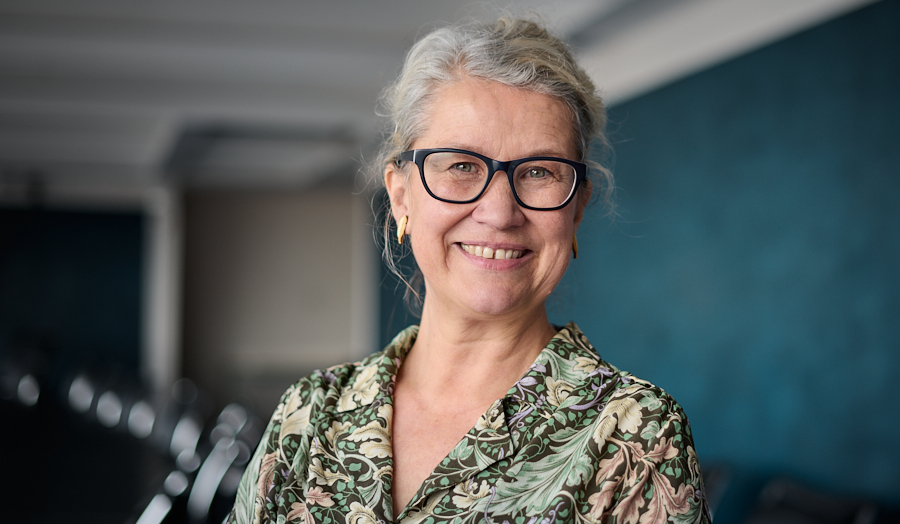
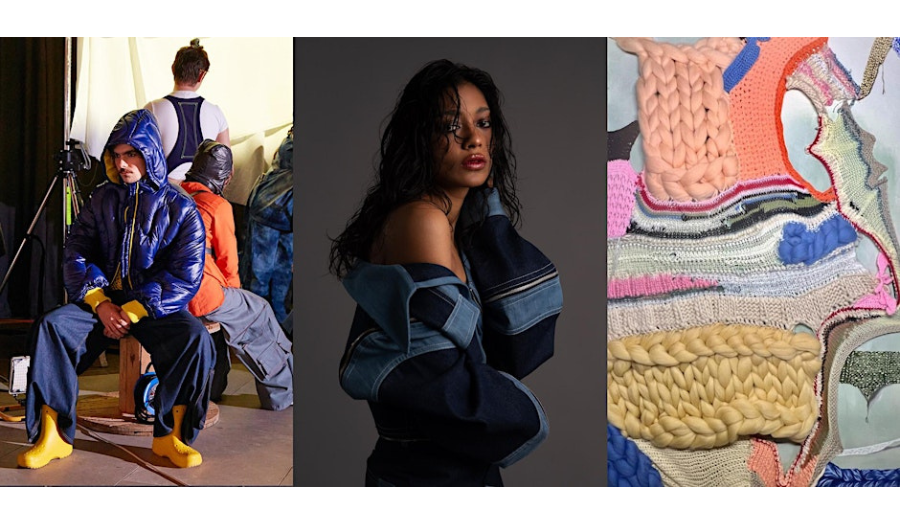
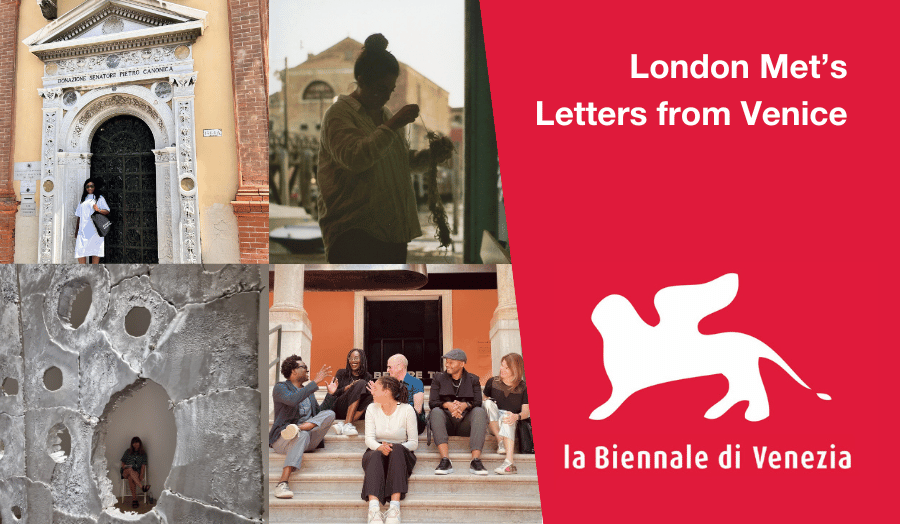


-1-(900-x-524-px).png)
